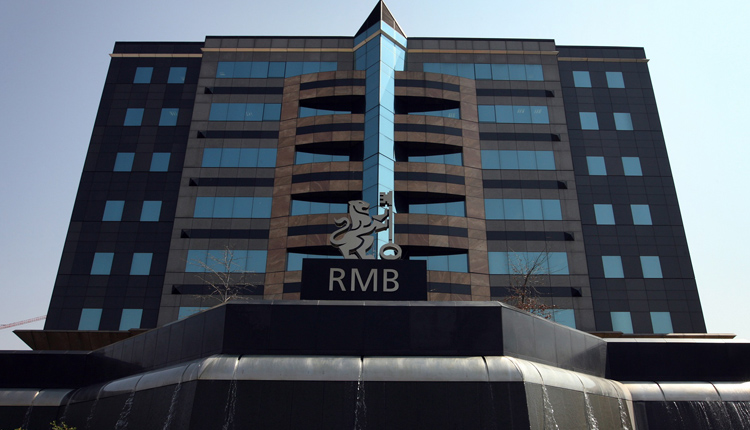Egypt is the most attractive African country for investment, according to Rand Merchant Bank’s (RMB) eight edition of Where to invest in Africa.
The co-authors of the publication and RMB Africa Analysts, Celeste Fauconnier and Neville Mandimika, focused on the need of efficient infrastructure.
The analysts believe that efficient infrastructure is essential to uncovering opportunities and unlocking Africa’s growth potential.
According to the World Bank, the lack of efficient infrastructure trims up to 2,6 percent off the African average per capita growth rate and places serious strain on human development.
Fauconnier said, “The African Development Bank’s (AfDB) most recent estimation of infrastructure needs is between US$130bn and US$170bn annually, but the continent’s available capital is insufficient to achieve this”.
She added that that the good news is that this shortfall represents an opportunity to businesses involved in the development or financing projects of infrastructure projects.
The top three on the list Egypt, South Africa and Morocco. Egypt kept their top spot ranking and the country is Africa’s market in GDP terms. It also boasts of the largest consumer market in the Middle East and North Africa.
South Africa also kept their second position and according to Fauconnier, it is currently a hot spot for FDI with the President Cyril Ramaphosa efforts to build a $100 billion book of foreign and domestic investments project on track.
Ranked in third place is Morocco which is Africa’s fifth largest market. The country has a growth rate expectation of 4 percent over the medium term.
Here is the complete list of the Top 10 African countries for investment:
| Ranking | Country | Statement |
| 1 | Egypt | Egypt retained the stop spot – the largest African market in GDP terms, boasting the largest consumer market in the Middle East and North Africa. |
| 2. | South Africa | South Africa is currently a hot spot for FDI, with President Ramaphosa’s efforts to build a US$100bn book of foreign and domestic investments project on track. |
| 3. | Morocco | With a growth-rate expectation of 4% over the medium term, Morocco’s operating environment and investment appeal have been greatly enhanced since the “Arab Spring |
| 4. | Ethiopia | Ethiopia is set to be the fastest-growing economy in Africa, averaging 8.2% for the next six years – a slight normalisation from the 10% average experienced over the past decade. |
| 5. | Kenya | Kenya delivered a diverse economy and sustained expansion in consumer demand, urbanisation, EAC integration, structural reforms and infrastructure development, which include an oil pipeline, railways, ports and power generation |
| 6. | Rwanda | Although a small market, the government is investing heavily into its domestic industries, with a significant increase of FDI recorded over the past decade. |
| 7. | Tanzania | Tanzania is expected to grow at 6.5% over the next five years. The economy is expected to overtake Kenya’s, supported by its resource based manufacturing, tax incentives and development of special economic zones |
| 8. | Nigeria | Nigeria jumped back into the Top 10 due to improved macroeconomics, supported by recovering oil prices and production and favourable demographics attracting FDI. |
| 9. | Ghana | Ghana has strong growth rates concentrated around the oil and gas sector, while the non-oil sector growth is supported by pro-business reforms. |
| 10. | Ivory Coast | Ivory Coast also has strong growth rates, supported by large infrastructure investment, particularly in transport and energy. |
Source: Business Report


